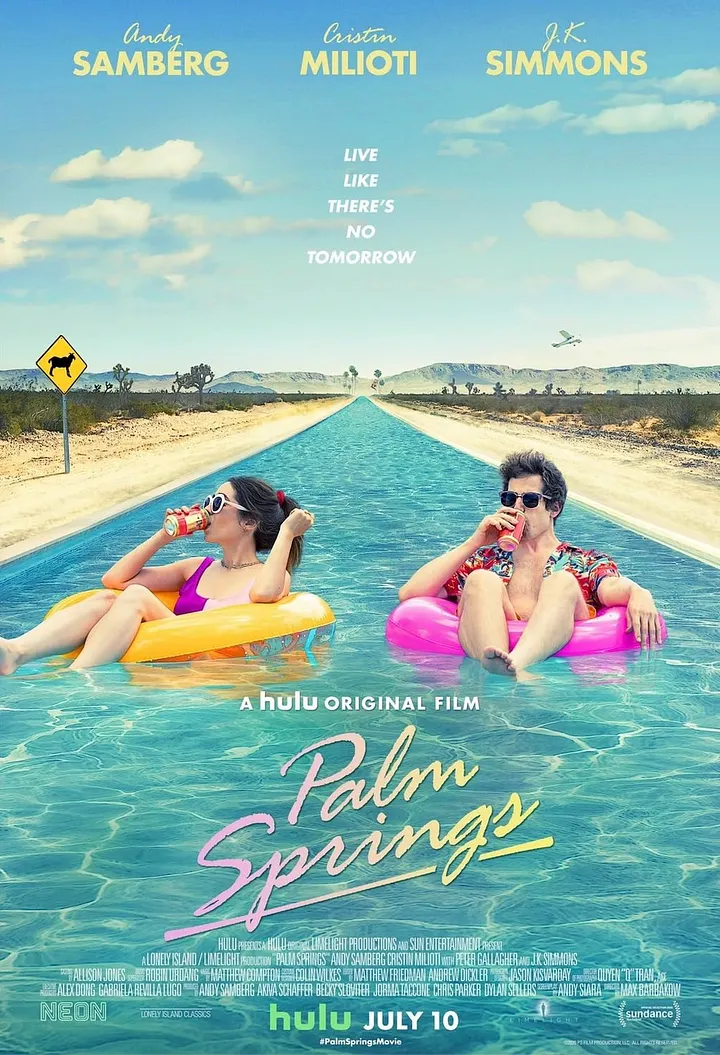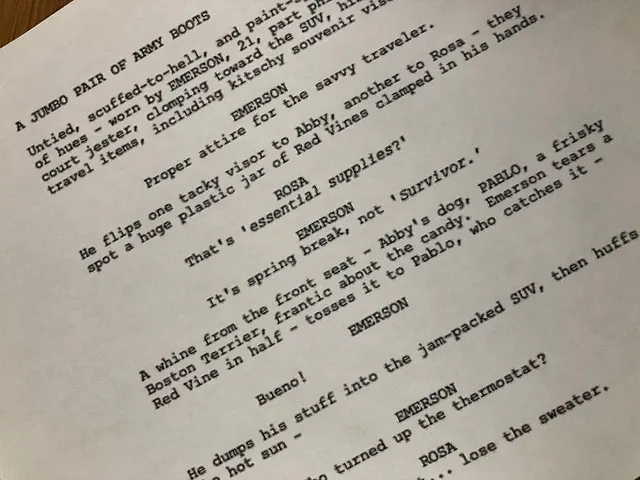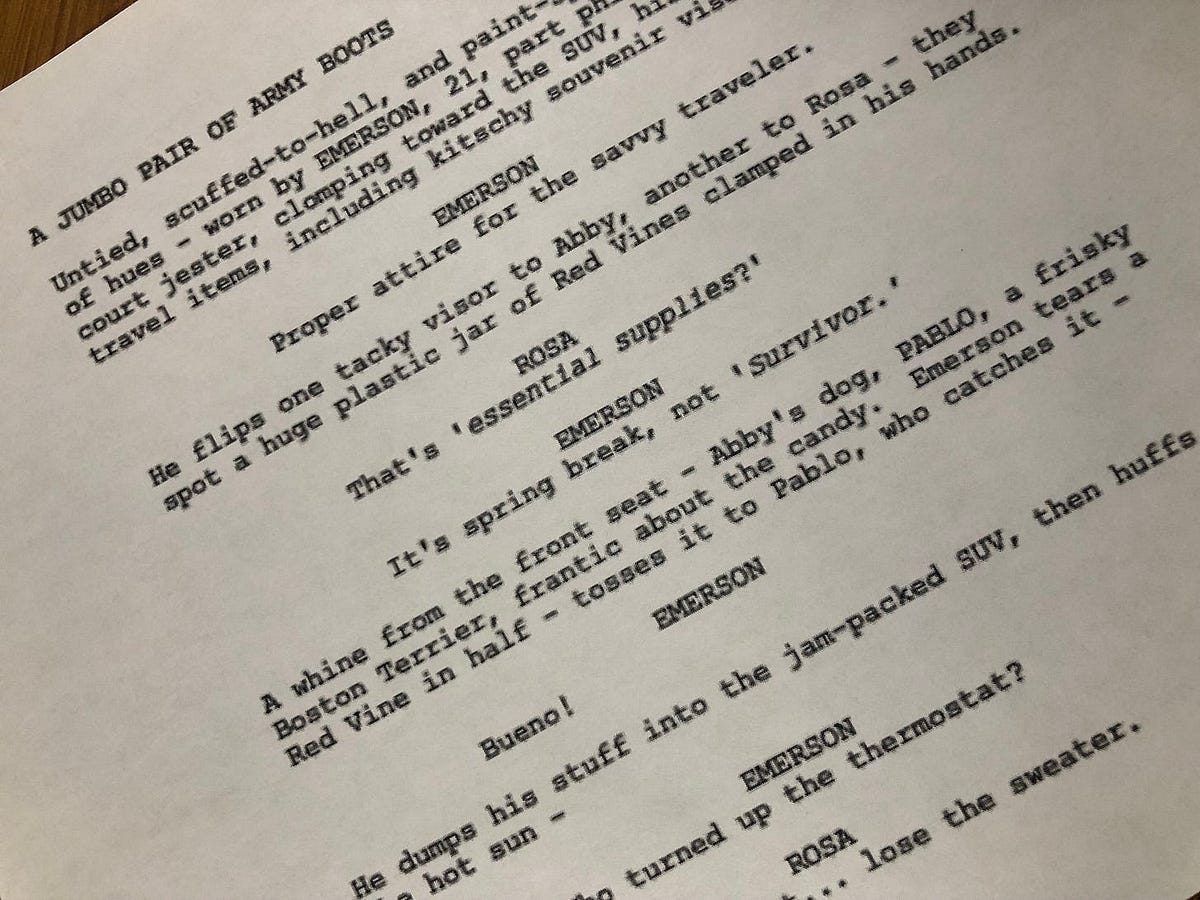Unlock Your Creativity: Why the Best Writing Happens When You Stop Thinking Altogether

Think character. Think plot. Think theme. But when you sit down to write, don’t think… feel.
The Atlantic runs a series called By Heart in which authors share and discuss their all-time favorite passages in literature. Here is one by author Kathryn Harrison:
The line also defines writing, at least writing the way I experience it. For me, writing is a process that demands cerebral effort, but it’s also one informed by the unconscious. My work is directed by the needs of my unconscious. And through that dark, opaque process, I can restore what might otherwise be lost.
— —
It’s funny, I teach writing, and before I taught I never would guessed the thing I say most often is: “Please stop thinking.” But people really write better without thinking, by which I mean without self-consciousness.
I’m not calculating about what I write, which means I have very little control over it. It’s not that I decide what to write and carry it out. It’s more that I grope my way towards something — not even knowing what it is until I’ve arrived. I’ve gotten better over the years at accepting this.
Of course, the intellect wants to kick in — and, in the later drafts, it should. But in the early stages of a book, I deal with potential self-consciousness by literally hushing the critical voices in my head. The voices that tell you: “Oh, those aren’t the words you want,” or “you shouldn’t be working on this part now,” or “why not use the present tense?” — on and on. Anyone who’s ever written anything is familiar with that chorus.
Writing a first draft, you can become paralyzed by these thoughts. So I literally tell the voices to quiet down. I praise them for their perspicacity, and I tell them how much I need them — that I will want them later. But I cannot listen to them right now, because I am confused by them.
And I don’t sit there waiting for that perfect, beautiful sentence, because I know I’m going to sit there forever. So, as I tell students — start out by tripping, why don’t you? Then get up and fall over again. Just as long as you go.
I was struck by how similar this approach is to my own, both writing and teaching. In 2013, I wrote a post called “Don’t Think… Feel” inspired by…














